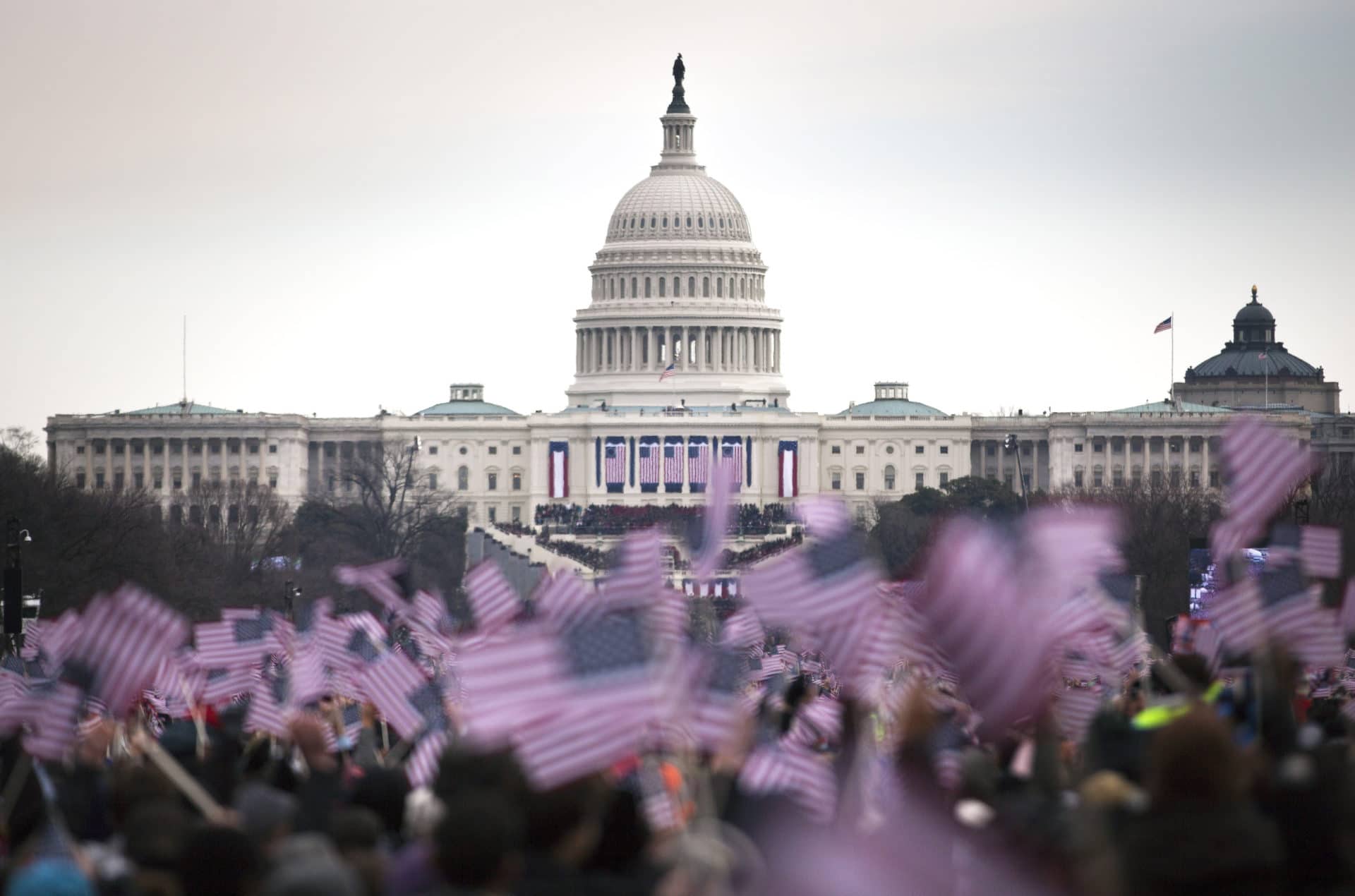Human Rights: What Must the State Protect?
by CAPP-USA
The Church on Government
“The political community exists…for the sake of the common good, in which it finds its full justification and significance, and the source of its inherent legitimacy”. (Gaudium et Spes, 74) In other words: The sole reason for the existence of governments is to promote the Common Good.

These are the Human Rights the State Must Safeguard
Human Rights the State Must Protect
So, what are the most important human rights the State must protect?
Much like (Rerum Novarum) identifies workers’ rights, (Centesimus Annus, 47) identifies the rights government must protect and promote: “Among the most important of these rights mention must be made of…”
- “The right to life, an integral part of which is the right of the child to develop in the mother’s womb from the moment of conception”
- “The right to live in a united family”
- “The right to live in a moral environment conducive to the growth of a child’s personality”.
- “The right to develop one’s intelligence and freedom in seeking and knowing the truth”.
- “The right to share in the work which makes wise use of the earth’s material resources and to derive from that work the means to support oneself and one’s dependents”.
- “The right to freely establish a family, to have and rear children through the responsible exercise of one’s sexuality”.
The Most Important Right
“In a certain sense, the source and synthesis of these rights is religious freedom, understood as the right to live in the truth of one’s faith and in conformity with one’s transcendent dignity as a person”. (Pope St. John Paul II, 47)
Is Under Attack
Despite that “religion itself…is part of the culture of every people and every nation.” (Pope Francis) this “source and synthesis” of all other rights is under attack – globally! “The global median level of government restrictions on religion – that is, laws, policies and actions by officials that impinge on religious beliefs and practices – continued to climb, reaching an all-time high”. (Pew Forum)
The Church’s Warning
“Even in countries with democratic forms of government, these rights are not always fully respected.”
“With time, such distortions of political conduct create distrust and apathy, with a subsequent decline in the political participation and civic spirit of the general population, which feels abused and disillusioned.” (Pope St. John Paul II, 47)
The Church Continues to Build on These Rights
RELIGIOUS FREEDOM:
“Religious freedom does not mean religious indifference nor does it imply that all religions are equal.” Some “religious and cultural attitudes…end up retarding or even obstructing authentic human development.” (Pope Benedict XVI, 55)
“True religious piety consists in loving God with all one’s heart and one’s neighbor as oneself. Religious behavior, therefore, needs continually to be purified from the recurrent temptation to judge others as enemies and adversaries.” (Pope Francis)
DEVELOP ONE’S INTELLIGENCE:
“True education makes us love life, and it opens us to the fullness of life!” (Pope Francis)
“The right to an education in the right values must never be denied or forgotten. The duty to teach these values must never be curtailed or enfeebled by any kind of national or supranational political interest. For this reason, it is necessary to educate in the truth and for the truth”. (Pope Benedict XVI)
“A school’s mission is to develop the sense of the true, the sense of the good and the sense of the beautiful…together these elements make us grow and help us to love life, even when we are unwell, even amid difficulties.” (Pope Francis)
THE RIGHT TO WORK:
“Work is a necessity, part of the meaning of life on this earth”. (Pope Francis, 128)
“[T]here is no worse material poverty, I am keen to stress, than the poverty which prevents people from earning their bread and deprives them of the dignity of work.” (Pope Francis)
Pope Benedict XVI reflected on the question: “What is meant by the word ‘decent’ in regard to work? It means work that…” (Caritas in Veritate, 63)
- Expresses one’s “essential dignity”;
- “Is freely chosen”;
- Enables respect and freedom from discrimination;
- Allows “families to meet their needs and provide schooling for their children, without the children themselves being forced into labor”;
- Permits free organization of workers;
- “Leaves enough room for rediscovering one’s roots at a personal, familial and spiritual level”;
- “Guarantees those who have retired a decent standard of living.”
7 Indispensable Rights the Government Must Defend [Infographic]





